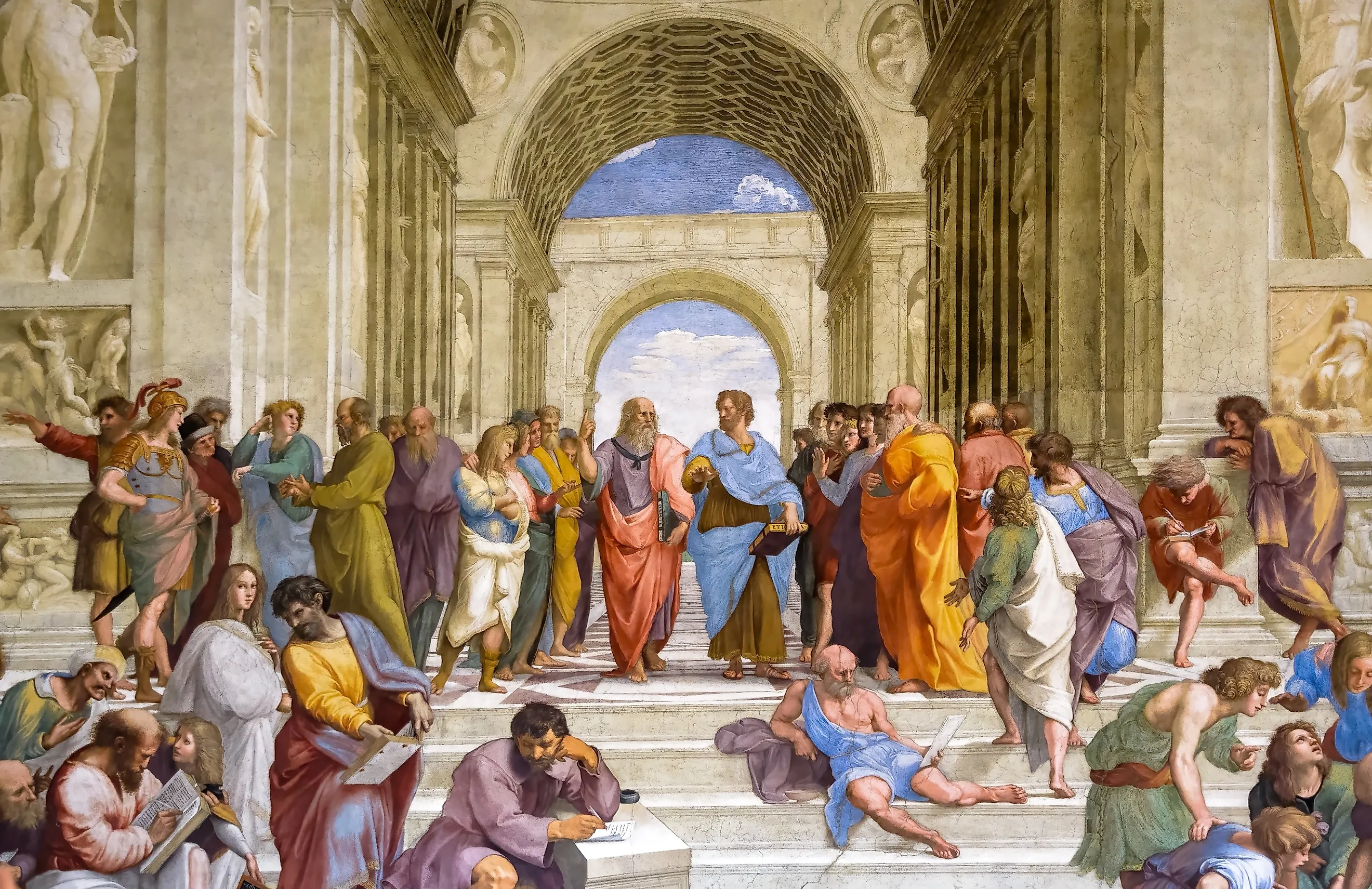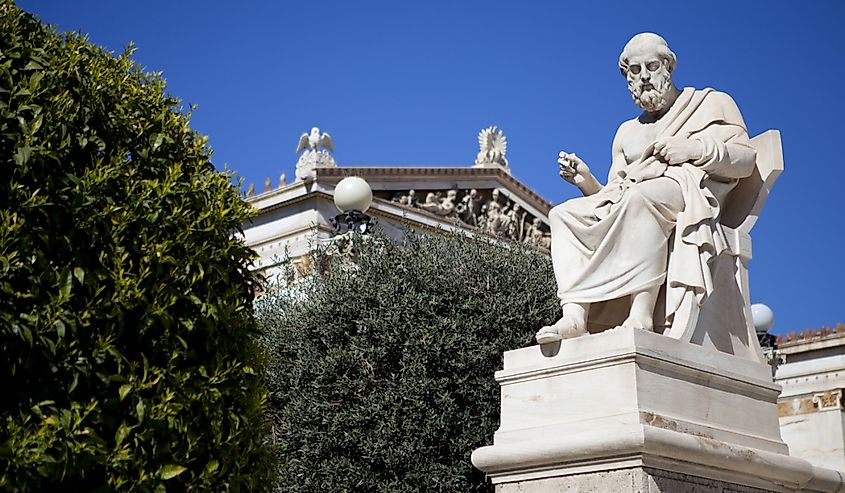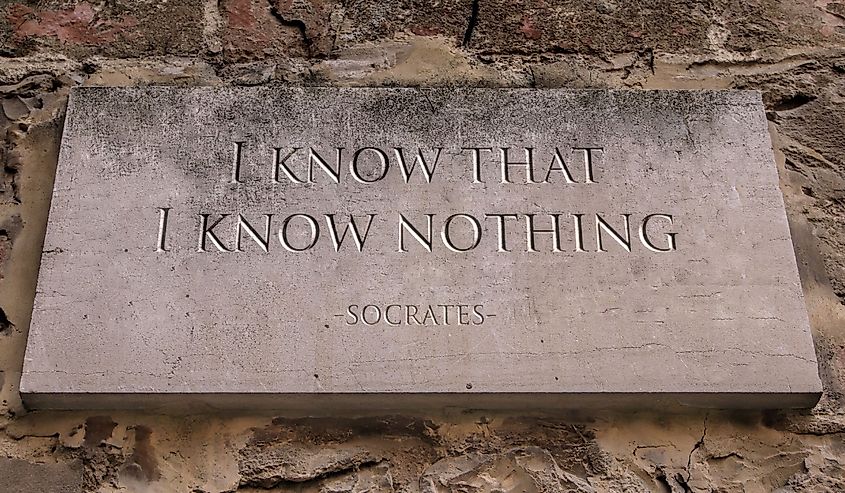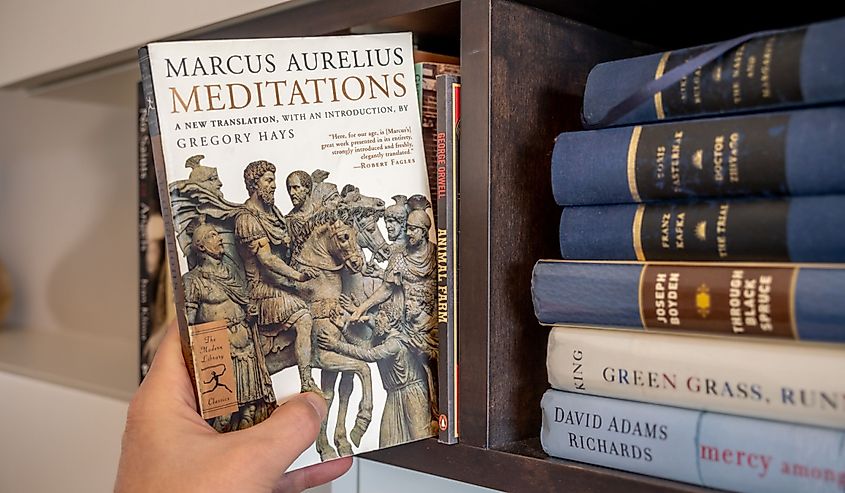
The Essential Works of Greek Philosophy
The Greeks are famous for their intellectual traditions and commitment to the search for truth. Some of the most influential works for Western philosophy have roots in Greece. From Plato's Republic, discussing an ideal world, to Aristotle's Nicomachean Ethics, there is a wide range of philosophical works hailing from Greece. These works cover various topics, including age-old questions concerning morality, the nature of the soul, and reality. While the results and notions are from a time long gone, there is a lot we can still learn from them today.
The Republic

One of the most significant philosophical texts in Western Philosophy is Plato's Republic. In this dialogue, Plato talks about the nature of justice and why people should act justly. The rhetoric begins with the question, “Why should I be just?" Socrates, in response, proposes that to figure this out, one should look at an ideal version of justice. This leads the dialogue to discuss the perfect society, and Plato offers his vision of a utopia. In this ideal world, philosophers would rule with the goal of the pursuit of the common good. Plato expands on this society, explaining that social class relates to parts of the soul. He also discusses the importance of education and virtue.
The Symposium

The Symposium is another story written by Plato around 370 BCE. In this dialogue, a man tells the story he heard from another man about a symposium that encouraged guests to engage in intellectual discourse while drinking. At the symposium in the tale, Socrates, Aristophanes, and other admired Athenians made speeches to the God of Love. Socrates is the main speaker in the dialogue and challenges the other speakers' perceptions about love while articulating his view of love. According to Socrates, love is not just a feeling; it is a way towards a higher level of knowing. In this view, Plato describes love as having different components: a physical connection and an intellectual connection.
The Apology

The Apology is Plato's dialogue recounting the speech Socrates made during his trial. The State charged Socrates with corrupting the youth and not recognizing the Gods recognized by the state. He was also accused of inventing new deities and failing to acknowledge the Gods of Athens. In the dialogue, Socrates defends himself against these accusations. He argues his actions were not harmful to the youth and were, in fact, beneficial. Using different arguments, Socrates supports his philosophy and promotes the idea that individual conscience has value over public opinion. The Apology is not an apology in the way that we interpret the meaning of the word today. Apology comes from the Greek word apologia, meaning a defense. By the end of his defense, Socrates accepts his fate and demonstrates his commitment to his philosophy.
Nicomachean Ethics

One of the most well-known texts on the subject of ethics is Aristotle's Nicomachean Ethics. The work consists of ten books, each one examining a different aspect of morality. In each book, Aristotle explores the question of how men should best live their lives. Aristotle believes obtaining eudaimonia, or a state of well-being or happiness, is the highest goal. In Nicomachean Ethics, he explains what a life achieving eudaimonia would look like.
De Anima

Another of Aristotle's influential texts is De Anima, which means the nature of the soul. This work is three books that study the nature and purpose of the soul. In each book, Aristotle focuses on a different aspect of the soul. One distinction Aristotle makes is of the mind. He distinguishes between a passive mind which can "become all things," and an active mind, which can "make all things." The active mind is responsible for forming concepts, and the passive mind is responsible for storing ideas and beliefs. De Anima is a work that's influence extends past philosophy to neighboring fields such as psychology.
Lives and Opinions of Eminent Philosophers

A book that taught many about other philosophers is Diogenes Laertius' series of books, Lives and Opinions of Eminent Philosophers. He wrote ten books in total. Laertius' work discusses everything from political philosophy, epistemology, metaphysics, Epicureanism and stoicism. While some people criticize the book for occasional inaccuracies, it has proven to be a valuable resource. Laertius' book is one of the few in existence that can give us this kind of insight into the lives of ancient Greek philosophers. It also gives us the cultural background of ancient Greek philosophy.
Meditations

One of the most popular and influential stoic books ever written is Meditations. Roman emperor Marcus Aurelius wrote Meditations while he was leading a series of military campaigns. A few subjects he discusses in his book are the nature of ego, the use of reason, the value of virtue and death. Aurelius' work was not intended to be a book but a series of fragmented notes and private thoughts about stoicism. His work gives us insight into the ethical and moral values of the time. His emphasis on the importance of leading a virtuous life is similar to the philosophies of other stoics.
Importance of The Works of Greek Philosophy
Some people might consider the works mentioned here outdated and not worth reading. However, these ancient Greek works laid the foundation for Western philosophy. While the language might be old-fashioned, the ideas are not. At its core, Greek philosophy commits to curiosity, reason, and the pursuit of knowledge. To attempt to understand the nature of reality and the human condition, learning these philosophies is a significant first step.











